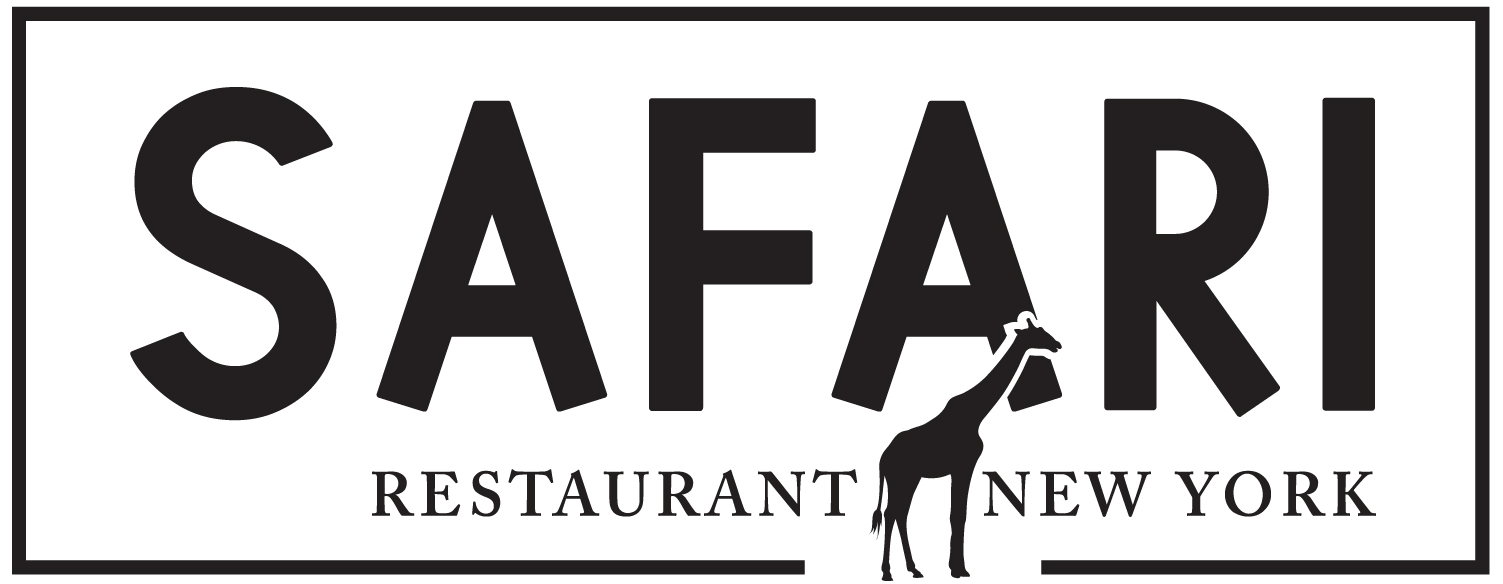


#Safari company logo professional
The company has a professional network of local A&K offices in all of its destination countries, staffed by full-time A&K experts maintains its own fleet of four-wheel-drive safari vehicles and trains its own drivers. Its tailor-made safaris hearken back to days past when intrepid adventurers such as Teddy Roosevelt and Ernest Hemingway relied on private guides to create a safari program and escort them through the bush from start to finish. From your first decision to go on safari to its successful conclusion, A&K offers seamless service. In business since 1962, this company is considered one of the best in the business and is consistently given high marks by former clients. What they do best: Luxury in the bush, impeccable attention to detail, and honeymoons. Philanthropy: It has raised and committed R100 million (US$11.5 million) to implement and operate projects in six African countries.

This outfitter also offers active adventures such as rhino darting for conservation, walking safaris, and turtle-hatching expeditions. Unique trips for the discerning traveler can be planned around learning, conservation, and sustainability, or “luxury in the bush,” which includes more holistic activities, such as yoga safaris. It offers some of the best destinations and accommodations in Africa (and manages thirty-three of its own highly regarded properties) from the Okavango Delta to remote Indian Ocean islands. This luxury tour operator offers ready-made trips and tours to all parts of Southern or East Africa or can tailor a safari to your needs. If you’re a responsible traveler who wants to plan an African safari, work with one of these top-rated tour operators, most of which have dedicated philanthropic causes. But not all safari outfitters are created equally, and some are much less conscious of respecting animals and the environment than others. Meanwhile, other argue that going on game drives (and thereby pumping money into local economies) benefits the animals. Recent controversy surrounding the death of Cecil the lion in Zimbabwe at the hands of a big-game hunter has raised an important debate: What is the best way to protect African wildlife? On one side, pro-hunting advocates argue that exorbitant hunting fees fund conservation efforts that would otherwise be underfunded or nonexistent.


 0 kommentar(er)
0 kommentar(er)
